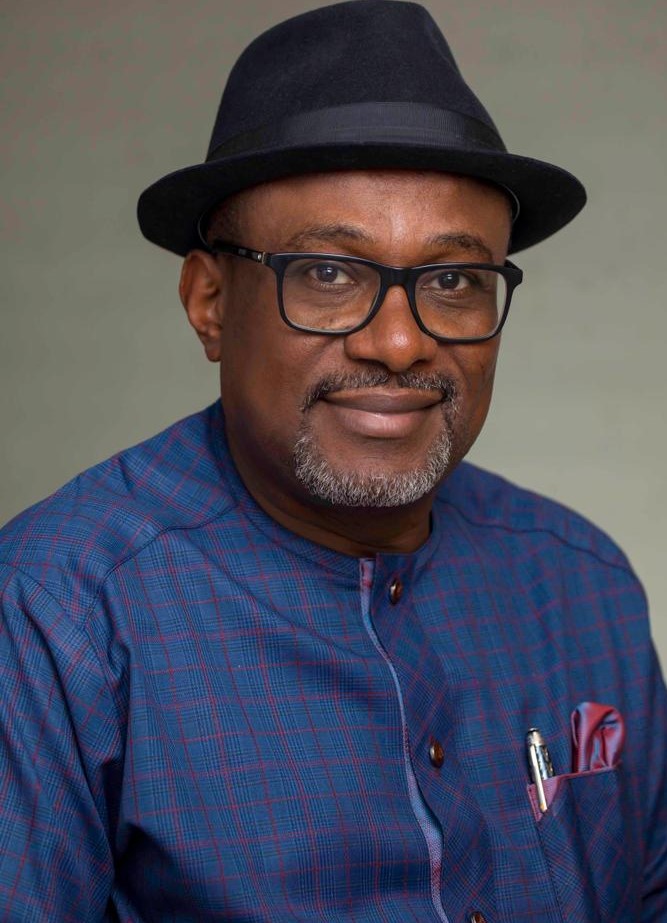Wabote, Barth Nnaji chorus Nigerian Content remedy to forex crisis

![]()
Sopuruchi Onwuka
Amidst the growing anger in the country over the rising rate of foreign exchange, prominent industry technocrats with critical roles in the economy have agreed that strict application of the existing local content laws would reverse the demand pressure and improve the country’s foreign exchange reserves.
Former Minister of Science and Technology, Prof Barth Nnaji, agrees with the Executive Secretary of Nigerian Content Development and Monitoring Board (NCDMB) Engr Simbi Wabote that the simplest and shortest route out of the prevailing foreign exchange illiquidity hitting the country is to displace importation with local production.

Prof Nnaji who was s also a former Minister of Power told The Oracle Today in Lagos that whereas the Nigerian Oil and Gas Content Development (NOGICD) Act of 2010 has actually developed significant capacity for local production of goods and services consumed in the upstream petroleum sector, the larger economy of the country has remained largely import dependent.
He said massive importation of goods and services and massive export of Nigeria’s raw materials means that the country would continue to spend heavily on finished products and earn low foreign exchange.
Prof Nnaji who is currently the Executive Chairman of Geometric Power Group in Aba, Abia State, made it clear that Nigeria’s current sad story with foreign exchange started with the collapse of local industries due to uncongenial local operating environment.
He explained that local textile, agro-based and automobile industries that predated the petroleum industry spawned ancillary industries that produced related products like food, clothes, shoes, belts, automobile parts and accessories that included tires and batteries.
He lamented that export of raw materials does not only limit the accruable income but largely forgo the critical economic advantage of growing the nation’s gross domestic product, building industrial capacity, creating jobs, controlling cost of production and growing the country’s foreign exchange income.
Prof Nnaji who recently took delivery of a fleet of new operations vehicles from Innosson Motors, Nnewi, Anambra State, listed the advantage to include easy maintenance with quality parts from the original builders, refurbishment of aging fleet at a fraction of the price of new purchases and contributing to the sustainability of the local automobile industry.
He also declared that Geometric Power group has completely replaced all its expatriate personnel after observing that they are no better than efficient and qualified local technical personnel.
Prof Nnaji made it clear that the country has great potential for deploying policy measures that would leverage talents and natural resources in resuscitating in-country manufacturing capacity and displace significant volumes of imports.
He blamed the current foreign exchange crisis in the country on low level of productivity, pointing at continued collapse of industries that supported the value of the Naira in the past.
Professor Nnaji who is also the Chairman of the Advisory Board of the Nigerian Prize for Science lamented that 99.9 percent of devices used in the Nigerian medical practice are imported, warning that the situation is not different in other sectors of the Nigerian society where, according to him, people tend to trust imported products against locally produced ones.
He cited the 2023 winning work of the prize in which a visiting professor of Medical Engineering and Technology at Imperial College London, Professor Hippolite Amadi, invented the Polite-CPAP to provide access to ventilators and oxygen delivery simultaneously to neonates at an extremely reduced cost of N750,000.
The judges for the $100,000 prize considered that the locally made Polite-CPAP comes at steep price slash and better efficiency when compared with the N6.5 million for imported devices that come with less efficiency.
In throwing lending a strident to the chorus, Engr Wabote declared at the just concluded Nigerian Economic Summit (NES) in Abuja that a set of national implementation agenda has become urgent for the Local Content policy in order to curb the rate of unnecessary imports into the country.
He made it clear that government should encourage the merchants of critical products to form partnerships that establish local plants for production of same goods.
In lamenting that import dependence is responsible for the recurring dislocations in the economy, Engr Wabote called for the Presidential Executive Order 003 be fully implemented yo require government’s ministries, Departments and Agencies (MDAs) to give preference to made-in-Nigeria brands in eight products.
He pointed out that the implementation of the Executive Order 003 has been abandoned in public procurement.
He insisted that the successes recorded in the practice of Nigerian Content in the oil and gas industry needed to be replicated and sustained across other sectors of our economy to promote local manufacturing and productivity.



